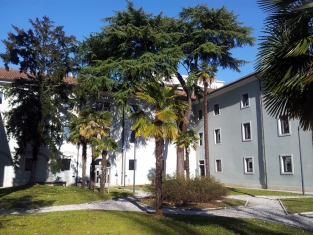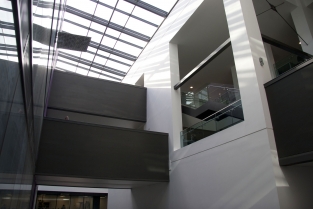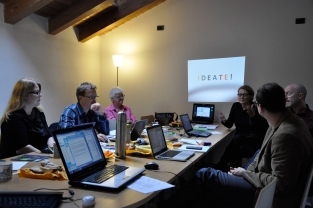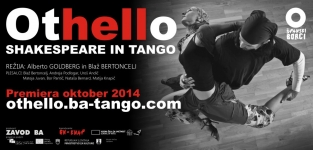
2016 – 2013
IDEATE HighTech – Interdisciplinary Entrepreneurial Application for Transforming Education in High Technologies
Please check the official website ideate.me for updates!
The project aims at developing entrepreneurial behavior with both staff and students in selected high-tech subject domains of higher education through the use of innovative teaching methods, which encourage university-business cooperation as well as knowledge sharing across national boundaries and subject domains.
Trans-national and multidisciplinary collaboration is needed to ultimately enhance employability especially in the crisis-stricken geographical areas and disciplinary sectors of Europe. Thus the IDEATE project proposes a research-based co-design and delivery of a European educational joint module of study, closely interconnected with real-life entrepreneurship. Acting as a platform for interdisciplinary co-operation among four (then eight) disciplines on master’s level, the course will be co-delivered together with industry partners in form of a business competition programme. The product shall be tested in two academic cycles, within a controlled expansion of the disciplinary realm, involving further disciplines and businesses, reached through wide dissemination and target-exploited involvement of further relevant stakeholders.
Students of different disciplines will operate as scientific-cum-creative teams within selected modules, responding to a task set by a real-life employer. After focused teacher training in novel entrepreneurial pedagogical approaches, mentored student teams blend four different cultural and professional backgrounds: Arts&Media, ICT, Health&Biosciences and Business. ‘Mini’ teams co-develop innovative entrepreneurial responses to an employer-defined problem within a blended international setting to present their application outlines to a mixed board of specialists at the first live event. Upon winner selection, a ‘super team’ of all involved collaborators develops the selected concept online towards actual real-life relevance, to finalize it within the second full-week meeting, when a company or NGO might actually get established.
Partner Institutions
University of Nova Gorica School of Arts (leading)
University of Staffordshire (managing)
University of Turku,
Vilniaus Verslo Kolegija,
Domenca Labs
With the support of the Lifelong Learning Programme of the European Union. 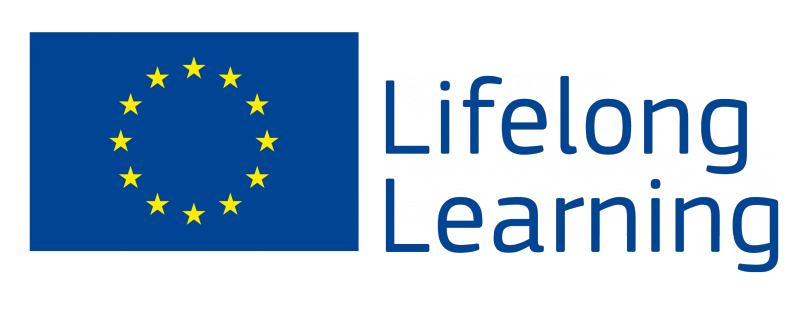
This website reflects the views only of the author, and the EACEA/European Commission cannot be held responsible for any use which may be made of the information contained therein.

